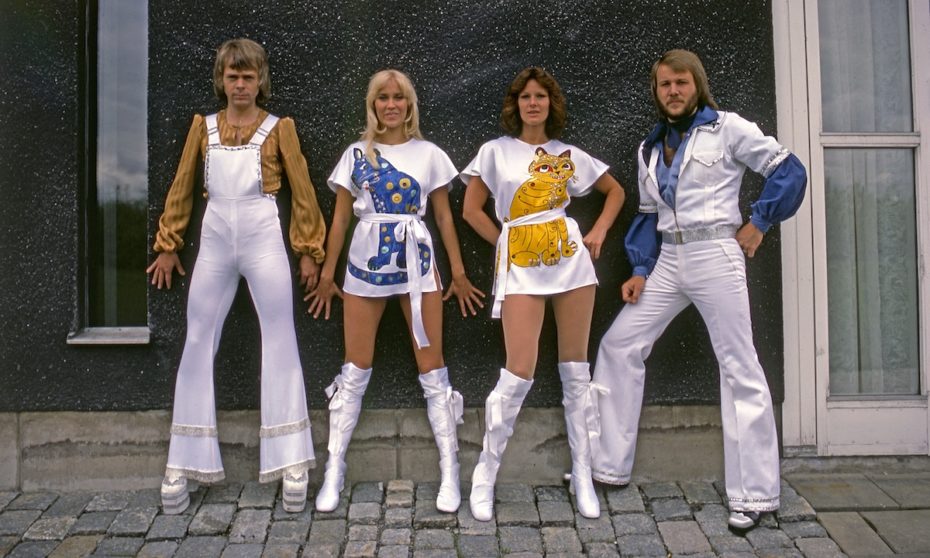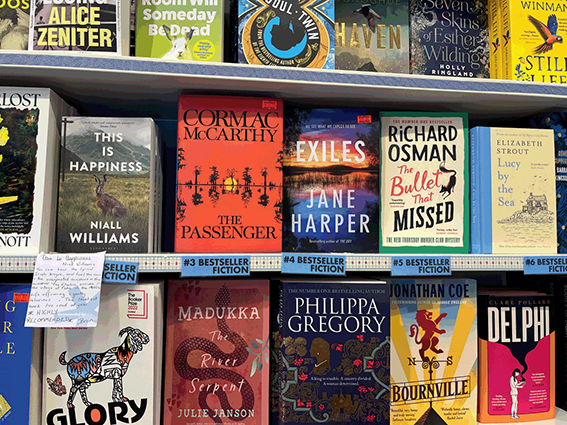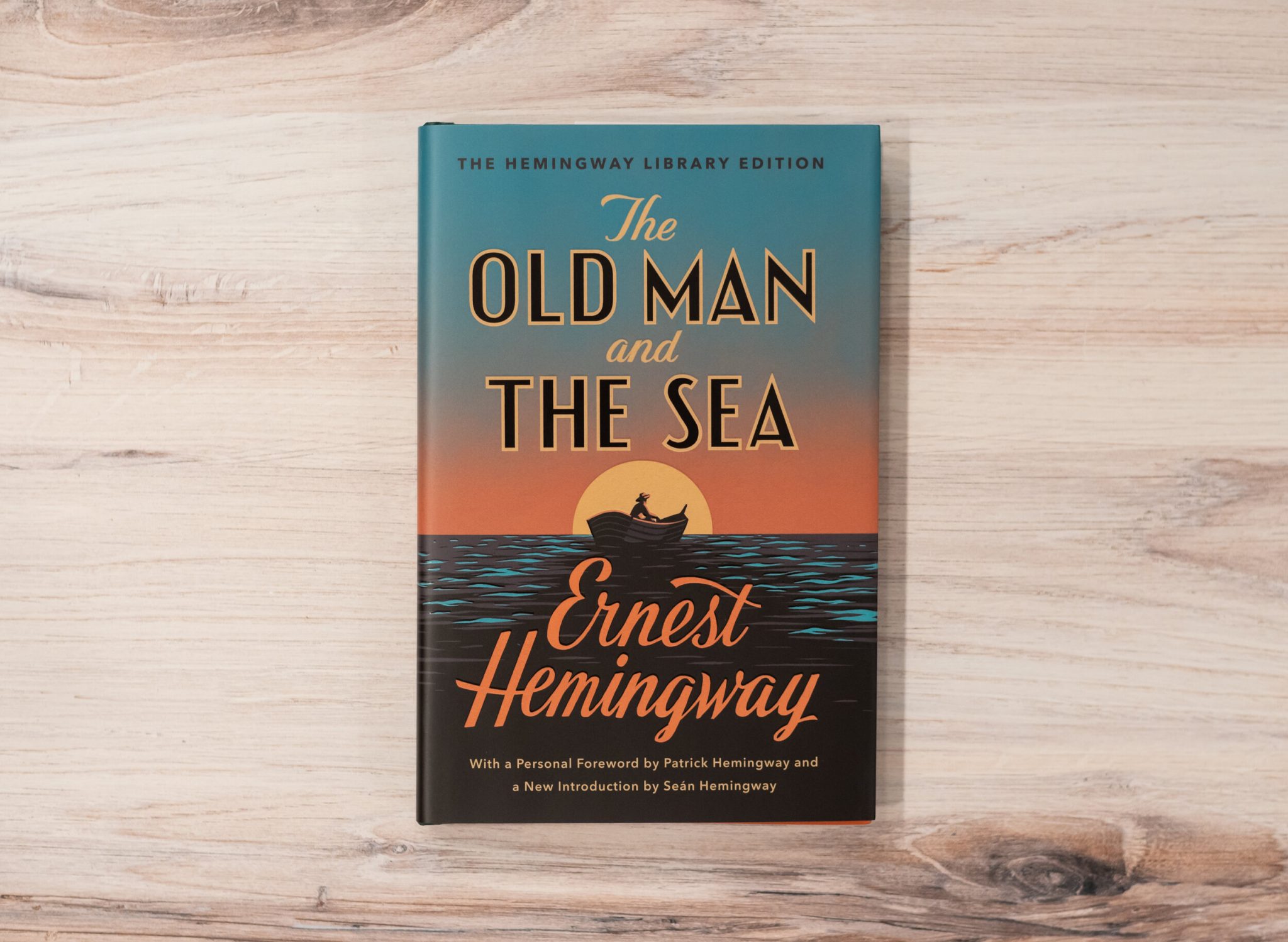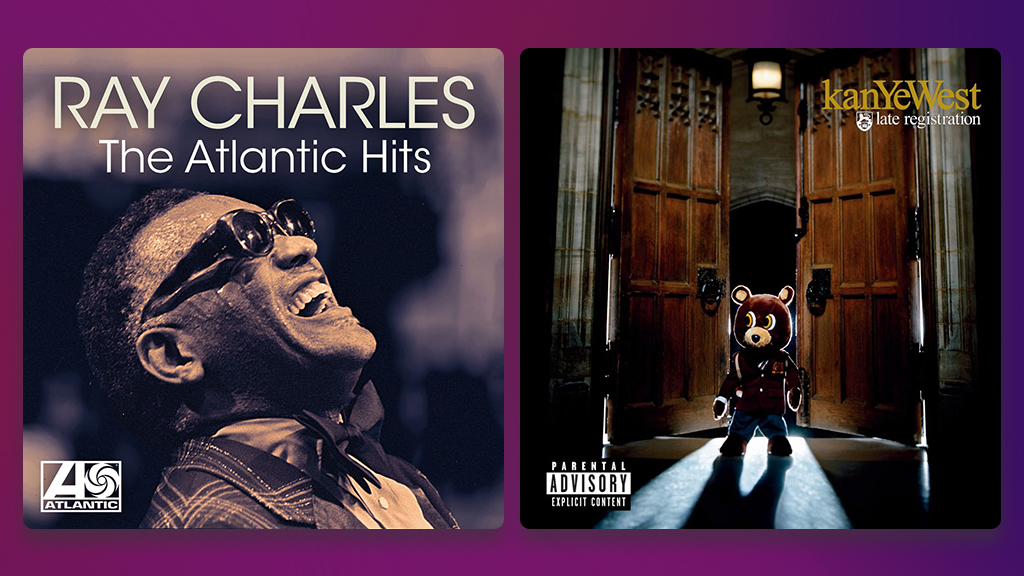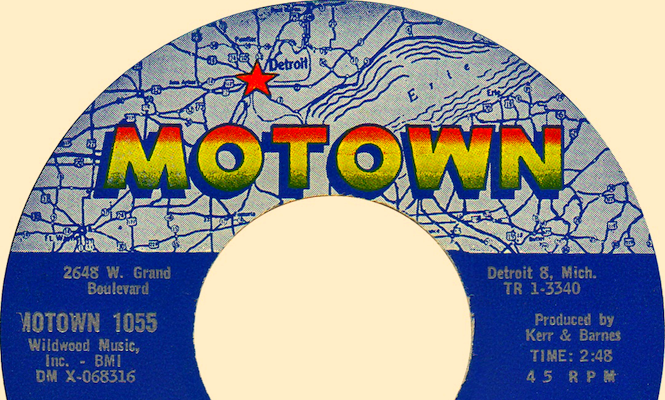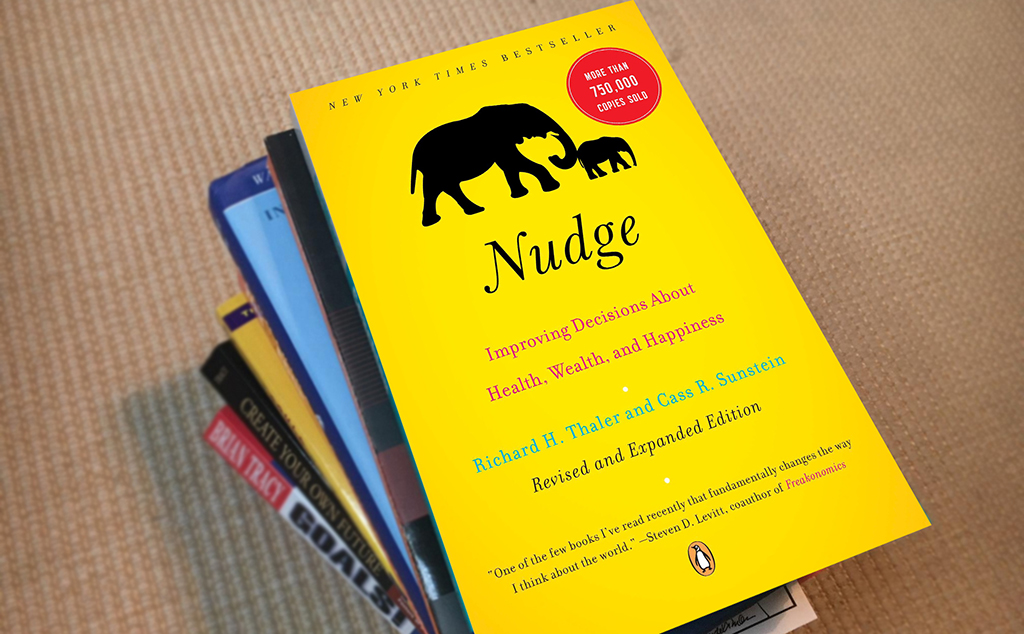The glittering hotpants, sequined jumpsuits and platform heels that ABBA wore wasn’t an attempt to stand out. It was a money saving scheme: Swedish tax authorities had special tax discounts for items of clothing bought for work purposes that couldn’t be worn for everyday life.
Music & Literature
You’d think it would be impossible to make music without the ability to hear. But Ludwig Van Beethoven, arguably the finest composer of music the world has ever seen, became fully deaf at the age of 44. He taught himself to ‘hear’ with his body, placing his teeth on the keyboard and using lower notes that he could feel more clearly. During this period he composed some of his greatest works, including the Moonlight Sonata and his only opera Fidelio.
When Megan Thee Stallion released her ‘Savage’ remix, featuring a line about Beyonce joining OnlyFans. The site saw a 15% spike in traffic.
Forget the million copy bestseller – less than 2% of books manage to sell more than 50,000 copies.
In Japan 78% of music sales are still physical CDs. But it’s not because consumers love the audio quality – it’s because CDs allow fans to engage with artists, who will bundle them with perks such as concert ticket vouchers, invitations to meet-and-greet events, and voting cards.
Charli XCX used a text cover for Brat – her breakout album of 2024 – purely to save money. She didn’t think the album would appeal to lots of people, so didn’t want to waste money on the album design.
There were 236 different words in Dr. Seuss’s 1957 book The Cat in the Hat. So Bennet Cerf, Geisel’s publisher and co-founder of Random House, challenged Geisel to write a children’s book with only 50 different words, and they bet $50 on the outcome. In 1960, Dr Seuss delivered Green Eggs and Ham with exactly 50 different words. He won the bet and the book has sold ~10 million copies over its lifetime.
You don’t have to look at survey data to find social desirability bias. The Emperor’s New Clothes, a 1837 folktale written by the Danish author Hans Christian Andersen, tells the story of a vain emperor who believes his magical clothes are visible only to the worthy. Everyone, including the emperor, pretends to see the clothes to avoid appearing unfit, until a child innocently points out the emperor is naked.
When asked about the symbolism in his novella ‘The Old Man and the Sea’, Ernest Hemingway simply said this: “Then there is the other secret. There isn’t any symbolysm [sic]. The sea is the sea. The old man is an old man. The boy is a boy and the fish is a fish. The shark are all sharks no better and no worse. All the symbolism that people say is shit.”
Anyone who has tried to get Glastonbury tickets knows the chaos involved, manically refreshing the landing page to secure a spot in the queue. Yet fans complained when the festival introduced instead a new system in 2024, randomly assigning everyone to a place in the queue as shown by green tabs. Yes it was easier, and fairer, but it removed the fun of the process that had become an institution in its own right.
Hide it in a song. The Colombian army created a dance track called Better Days, whose chorus disguised a Morse code message saying “19 people rescued. You’re next. Don’t lose hope.” The song was then played on national radio to let captured soldiers know that the Colombian army was infiltrating FARC-controlled areas and coming to rescue them.
When John Mayer tries to write a universal song, it’s always bad. “But if I write a song about something the size of a cup of water, I sometimes notice a week later that it’s got the universe in it.” What’s most personal, John finds, is most universal.
One of the most successful and innovative artists of the 21st century is a master at sampling. ‘Touch the Sky’ used the riff from Curtis Mayfield’s ‘Move on Up’, and ‘Gold Digger’ sampled Ray Charles’ song ‘Hit the Road Jack’.
Motown record label dominated the charts in the 1960s, collecting 35 number ones from artists like Stevie Wonder, the Supremes and the Jackson 5. The label’s founder, Berry Gordy, had the idea of building this factory of talent while assembling cars at a Ford plant. “Different stations would put things on there, and they would go out another door a brand new car. I said, my goodness, I could do this with people.”
Richard Thaler & Cass Sunstein coined the term ‘Libertarian Paternalism’ in a 2003 article – a doctrine that aimed to guide people’s decisions without taking away their freedoms. It’s unlikely the idea would have caught on, had it not been for the much snappier title used for their 2008 book: ‘Nudge’ (interestingly a suggestion of one of the publishers who passed on the book)

